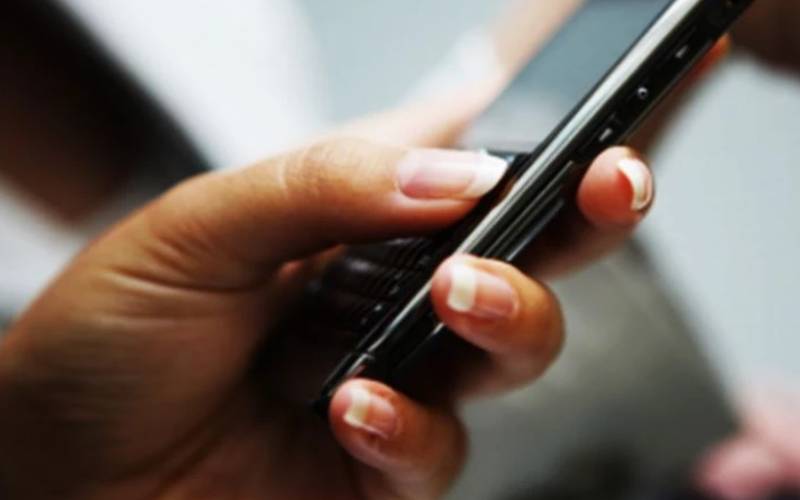×
The Standard e-Paper
Home To Bold Columnists

From insurance fraud, tax fraud and pyramid schemes to the social engineering attacks and cybercrime we experience today, fraud is an issue that has plagued Kenya, and the African continent at large.







